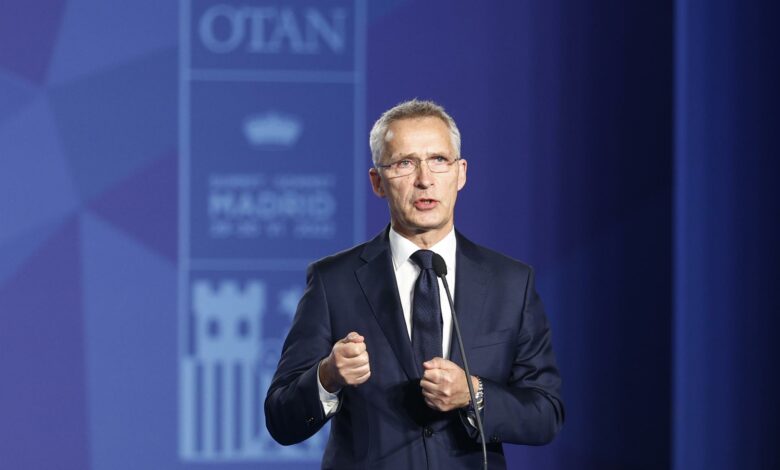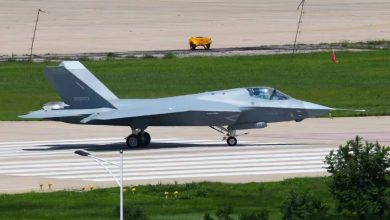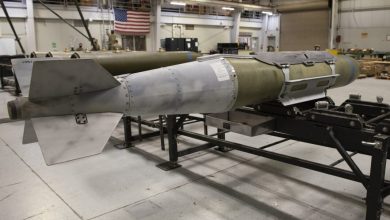Chinese warn of ‘confrontation’ risks in Asia after NATO summit

Chinese state media criticized NATO on Thursday morning after the organization considered China for the first time as a “challenge” and warned that an orientation towards the Asia-Pacific region “will only exacerbate the confrontation.”
“This is the first time the leaders of Japan and South Korea have joined a NATO summit to shore up their security alliance with the United States and its allies,” the Global Times state newspaper wrote after the first day of the Wednesday summit in Madrid.
“NATO is refocusing on Asia-Pacific at the expense of diplomatic autonomy of these countries, which goes against their economic and long-term security interests,” it said, adding that “its presence will undoubtedly exacerbate regional confrontation and divisions.”
In the “Madrid Strategic Concept,” a document that will guide NATO’s policies over the next decade, Beijing has allegedly positioned itself, aligning itself with Moscow, against the Alliance’s “open door” policy.
This is one more element that motivated the debate among the allies about whether they should consider China a threat or simply a “challenge,” in addition to the fact that its investment in defense has skyrocketed.
The new Strategic Concept has opted for the latter and said China “challenges our interests, security and values,” in addition to establishing a joint position of the allies against terrorism and cyber and hybrid threats.
According to Chinese academic Wang Yiwei of Renmin University, European countries “are gradually adopting a confrontational mentality” and China must “be vigilant” against those who “exaggerate the Chinese threat theory.”
“What the United States is doing is turning globalization into a bloc-oriented one. Whether in security issues or in terms of supply chains, the emphasis is on countering threats and guaranteeing its autonomy,” it added.
Other experts quoted by the newspaper, such as Da Zhigang, said “the Chinese threat is nothing more than an excuse to escalate the situation and for NATO to expand into Asia.”
“That is the ultimate goal of Tokyo and Seoul. They believe that, after the conflict between Russia and Ukraine, collective security under the umbrella of the United States is the trend to follow,” he said.
The expert said Japan, “wants to use NATO to drag European members to Northeast Asia, saving costs and sharing the risks of a confrontation with Russia and China.”
Beijing has repeatedly asked NATO not to exaggerate “the theory of the Chinese threat” and demanded “rationality” from the Alliance when evaluating its development.
Foreign spokesman Zhao Lijian said Wednesday that “in recent years, NATO has repeatedly interfered in Asia-Pacific affairs. For example, by sending planes and warships to carry out exercises in waters near China, which creates tensions and fuels disputes.”
“NATO seeks to advance in new areas and continues with its attitude of bloc confrontation. The world has to be attentive and reject it. NATO, in short, has to abandon its cold war mentality and stop creating ideological lines,” the spokesman said.





